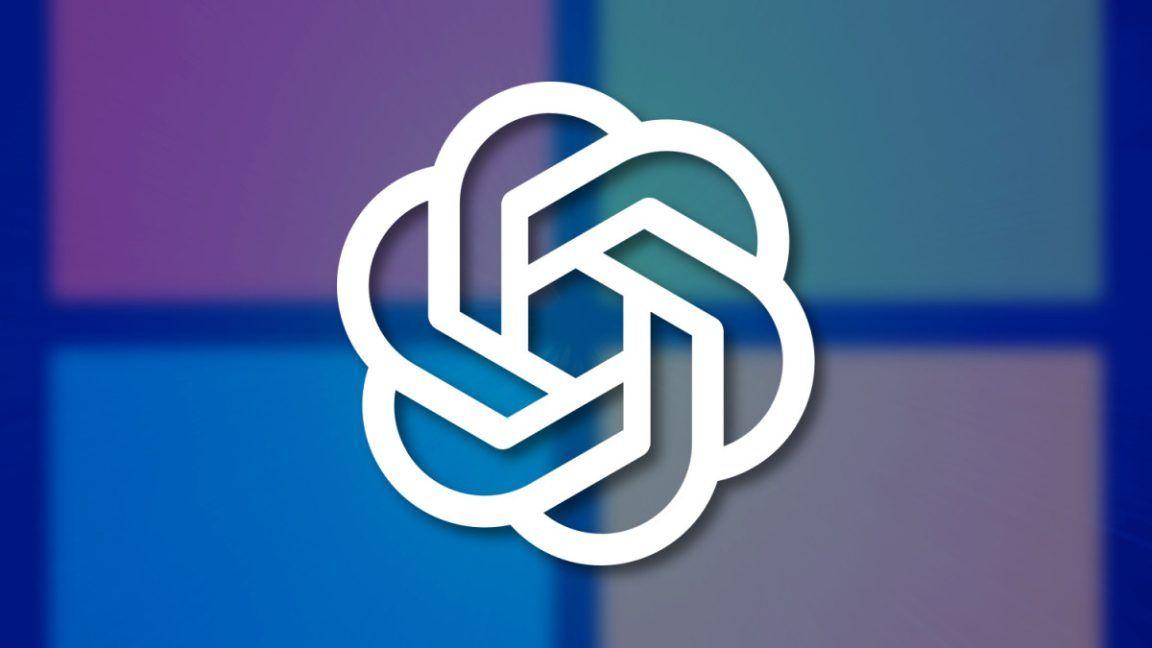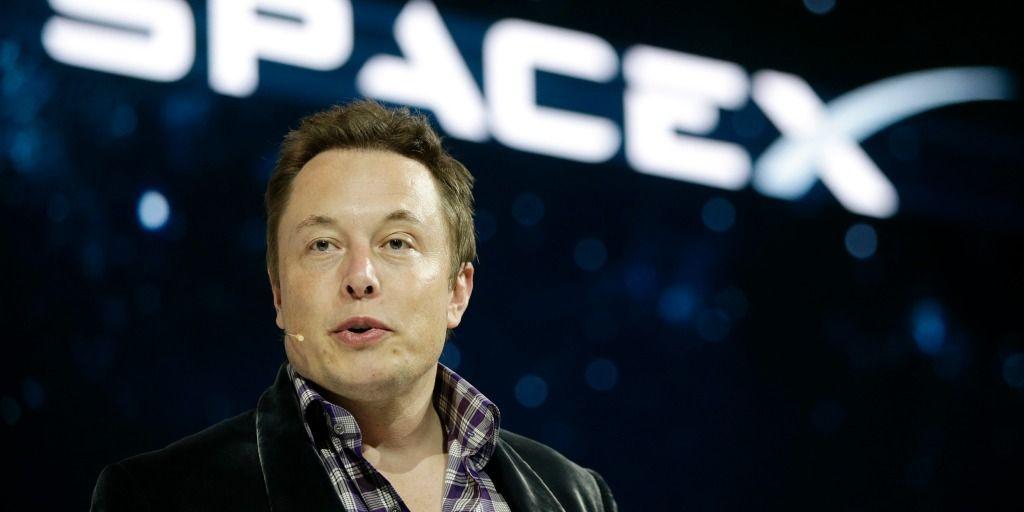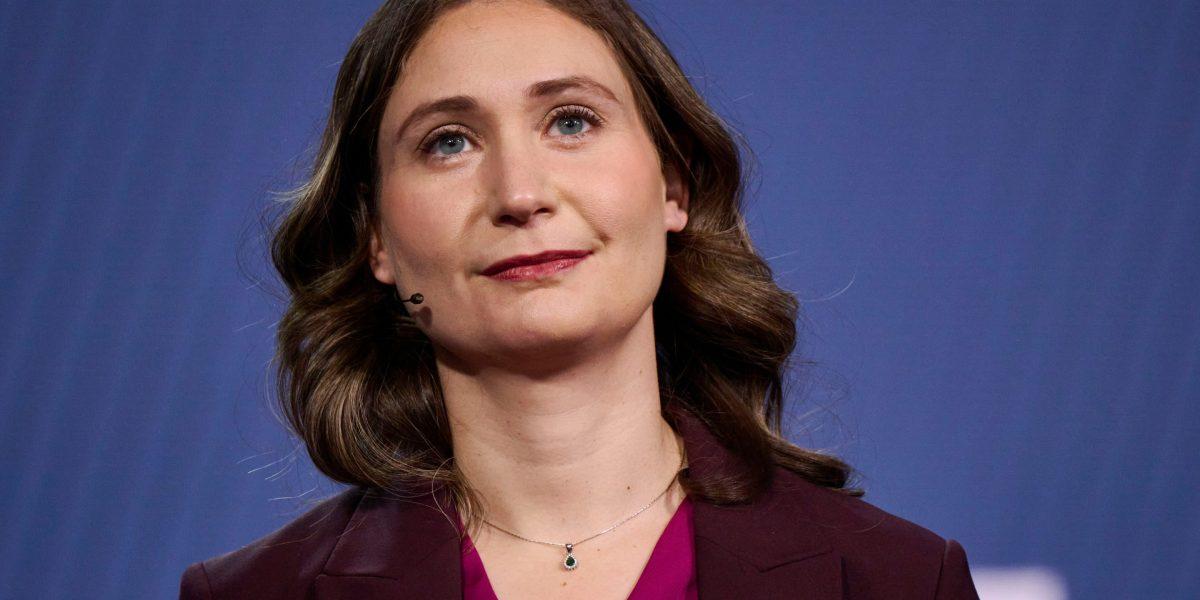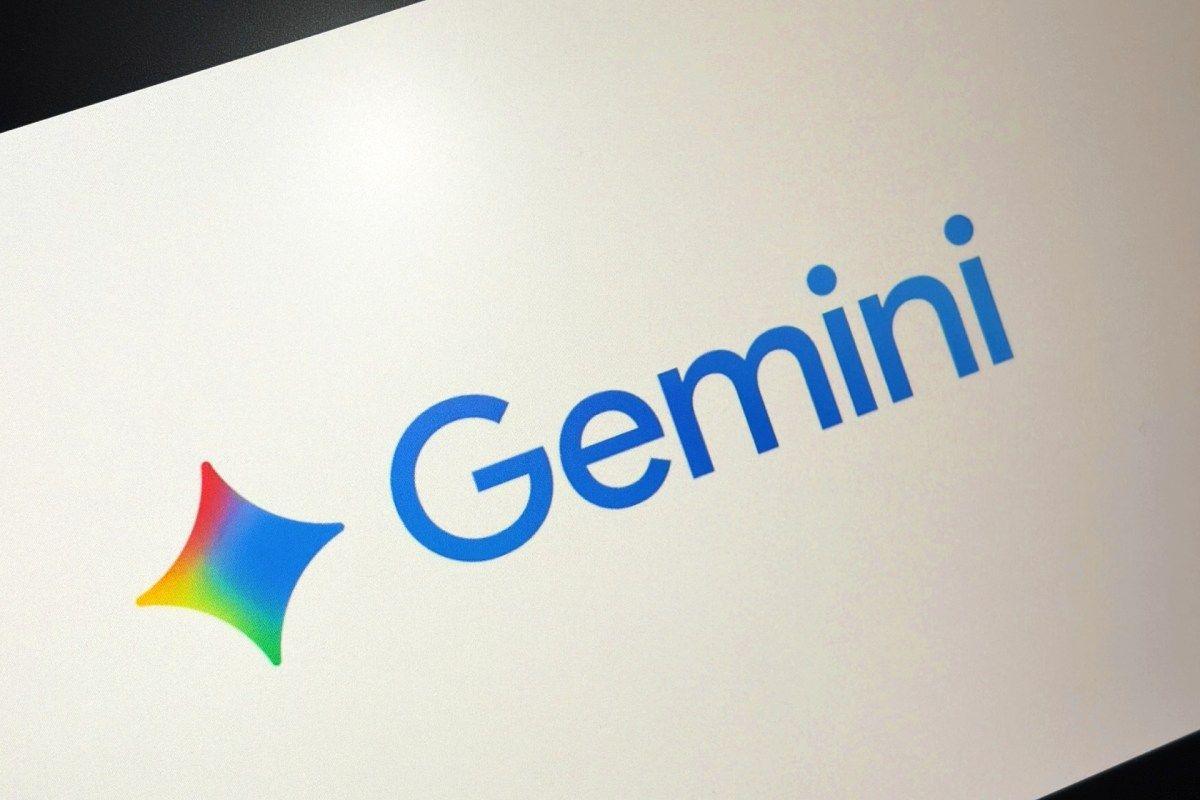Microsoft and OpenAI Introduce Independent Expert Panel to Verify AGI Achievement in Revised Partnership Deal
3 Sources
3 Sources
[1]
Expert panel will determine AGI arrival in new Microsoft-OpenAI agreement
On Monday, Microsoft and OpenAI announced a revised partnership agreement that introduces an independent expert panel to verify when OpenAI achieves so-called artificial general intelligence (AGI), a determination that will trigger major shifts in how the companies share technology and revenue. The deal values Microsoft's stake in OpenAI at approximately $135 billion and extends the exclusive partnership through 2032 while giving both companies more freedom to pursue AGI independently. The partnership began in 2019 when Microsoft invested $1 billion in OpenAI. Since then, Microsoft has provided billions in cloud computing resources through Azure and used OpenAI's models as the basis of products like Copilot. The new agreement maintains Microsoft as OpenAI's frontier model partner and preserves Microsoft's exclusive rights to OpenAI's IP and Azure API exclusivity until the threshold of AGI is reached. Under the previous arrangement, OpenAI alone would determine when it achieved AGI, which is a nebulous concept that is difficult to define. The revised deal requires an independent expert panel to verify that claim, a change that adds oversight to a determination with billions of dollars at stake. When the panel confirms that AGI has been reached, Microsoft's intellectual property rights to OpenAI's research methods will expire, and the revenue-sharing arrangement between the companies will end, though payments will continue over a longer period. The companies did not disclose who will serve on the expert panel or how panel members will be selected. The lack of details about the panel's composition leaves open questions about what criteria the experts will actually use to verify that AGI has been achieved. Previously, the two companies had agreed on a somewhat arbitrary economic threshold of when AI systems can generate $100 billion in profits. The partnership, one of the most watched in the tech space, has shown strain as OpenAI has grown from a spunky research lab with high hopes into a company valued at $500 billion that is generally steering the trajectory of the tech industry with its moves in AI. Both companies now compete for customers, and OpenAI has been seeking more compute capacity than Microsoft can provide. In May, OpenAI abandoned its plan to fully convert to a for-profit company after pressure from regulators and critics. The company instead shifted to a modified approach where the nonprofit board would retain control while converting its for-profit subsidiary into a public benefit corporation (PBC). What changed in the agreement The revised deal extends Microsoft's intellectual property rights through 2032 and now includes models developed after AGI is declared. Microsoft holds IP rights to OpenAI's model weights, architecture, inference code, and fine-tuning code until the expert panel confirms AGI or through 2030, whichever comes first. The new agreement also codifies that OpenAI can formally release open weight models (like gpt-oss) that meet requisite capability criteria. However, Microsoft's rights to OpenAI's research methods, defined as confidential techniques used in model development, will expire at those same thresholds. The agreement explicitly excludes Microsoft from having rights to OpenAI's consumer hardware products. The deal allows OpenAI to develop some products jointly with third parties. API products built with other companies must run exclusively on Azure, but non-API products can operate on any cloud provider. This gives OpenAI more flexibility to partner with other technology companies while keeping Microsoft as its primary infrastructure provider. Under the agreement, Microsoft can now pursue AGI development alone or with partners other than OpenAI. If Microsoft uses OpenAI's intellectual property to build AGI before the expert panel makes a declaration, those models must exceed compute thresholds that are larger than what current leading AI models require for training. The revenue-sharing arrangement between the companies will continue until the expert panel verifies that AGI has been reached, though payments will extend over a longer period. OpenAI has committed to purchasing $250 billion in Azure services, and Microsoft no longer holds a right of first refusal to serve as OpenAI's compute provider. This lets OpenAI shop around for cloud infrastructure if it chooses, though the massive Azure commitment suggests it will remain the primary provider.
[2]
OpenAI has an AGI problem -- and Microsoft just made it worse
OpenAI is ending October with a new for-profit structure, a new deal with Microsoft, and an entirely new level of pressure to achieve artificial general intelligence. The generally accepted definition of AGI is an artificial intelligence system that equals or surpasses human cognitive ability. But even as it's become a goalpost for the entire AI industry, people disagree on exactly what that looks like and if or when it may be possible. An increasingly huge swath of the economy is devoted to finding the entirely hypothetical finish line of this expensive race. And after Tuesday's news, there's a new entrant in the race: Microsoft itself. In 2019, OpenAI and Microsoft struck a partnership governed in part by a nebulous "AGI clause." The deal declared that Microsoft held the rights to use OpenAI's technology, but only until OpenAI achieved AGI... whatever that turned out to mean. OpenAI had an obvious incentive to announce it had achieved AGI as soon as possible, to stifle competition and regain control of its own IP. Microsoft had a similarly obvious incentive to add friction to that process, even as it supported AGI as an overall goal of AI. OpenAI's restructuring was dependent on Microsoft's green light -- and OpenAI would've lost out on as much as $10 billion if the for-profit conversion didn't happen by New Year's Eve. Microsoft seemed to win several concessions in the resulting negotiations. As part of the companies' new deal, "once AGI is declared by OpenAI, that declaration will now be verified by an independent expert panel" -- it won't solely be OpenAI's decision. And now, Microsoft also doesn't lose all its rights to the tech, either. "Microsoft's IP rights for both models and products are extended through 2032 and now include models post-AGI, with appropriate safety guardrails," according to the new deal. One of the most significant changes, though, was that Microsoft can also now "independently pursue AGI alone or in partnership with third parties" -- meaning the AGI arms race is on in a way it's never been before. Things are about to get even more intense than they already were, as absurd as that might sound. For one thing, Microsoft is perfectly within its legal rights to use OpenAI's IP to develop its own AGI and attempt to win the race. Yes, it'd face some consequences: if it does use OpenAI's IP to achieve the milestone, then the models will be subject to certain compute limitations until AGI is officially declared. But remember, Microsoft has full IP rights to OpenAI's research (at least, through 2030 or when the expert panel verifies AGI has been reached, "whichever is first"). That means Microsoft can even access models solely intended for OpenAI's internal use, or for research purposes, as well as "confidential methods used in the development of models and systems." Microsoft could also work with one or many of OpenAI's own competitors in its race to hit AGI. Last month, Microsoft began buying AI from OpenAI's arguably biggest rival, Anthropic, in a move to diversify its AI partnerships; we could see the company work with Anthropic or any number of other startups in the near future. The stakes of declaring that humanity has achieved AGI are huge. At the same time, this deal is being struck after months of AI developers shifting goalposts, often in ways that indicate AGI could be just around the corner. OpenAI CEO Sam Altman has alluded to AGI coming in 2025 or at least the next few years, writing in January, "We are now confident we know how to build AGI as we have traditionally understood it." Anthropic CEO Dario Amodei has predicted that "powerful AI," a term he prefers to use over AGI, could be here "as early as 2026, though there are also ways it could take much longer." It's a term we've heard from executives on earnings calls, a question we've seen on message boards for tech CEOs, and the stuff of countless memes. One thing OpenAI did get out of the new Microsoft deal, besides the ability to go ahead with its for-profit restructuring, is the fact that Microsoft has no access to IP for its consumer hardware. That means the startup is likely betting big on its coming AI device, which it's working to develop with famed former Apple designer Jony Ive. Altman doubled down on that during a Tuesday livestream, highlighting that OpenAI is looking to build "a personal AGI you can use anywhere, to help you with work and your personal life." The new goal OpenAI highlighted was part of a growing trend of companies narrowing their focus to "personal AGI" and consumer hardware, similar to Meta CEO Mark Zuckerberg's own AGI manifesto promoting "personal superintelligence." The idea of a panel determining whether OpenAI achieved AGI makes sense in a lot of ways. AGI is such a buzzword that it doesn't necessarily make sense for one company to declare it's reached the milestone with no external input, especially when such an announcement would have huge ripple effects, particularly in the financial markets. Even Altman said during Tuesday's livestream that the term AGI has become "hugely overloaded" and doesn't mean as much as it did before. So it stands to reason that a panel of experts should help define it. The question, of course, will be who chooses those experts. OpenAI and Microsoft haven't released any details about how the panel will be picked, and OpenAI declined to offer any further details when contacted by The Verge. Altman himself said, in a Q&A with reporters earlier this month at the company's annual DevDay, that "there are many parts of AI that I think are kind of bubble-y right now." During Tuesday's livestream, chief scientist Jakub Pachocki said that as companies scale deep learning and develop new algorithms, AI will eventually surpass some aspects of human intelligence on the curve of intelligence and "already [has] surpassed on multiple axes." But, he said, even achieving that "doesn't actually mean you've solved all the problems around it, which is something we need to seriously think about." "[AGI] will be this process over a number of years that we're in the middle of," Altman said during the livestream. "I think it's much more useful to say our intention, our goal, is by March of 2028, to have a true automated AI researcher and define what that means than it is to sort of try to satisfy everyone with a definition of AGI." But there's at least one party OpenAI is going to have to actually satisfy with that kind of definition: Microsoft. And billions of dollars are on the line.
[3]
Microsoft says 'once AGI is declared by OpenAI' it will be verified by independent experts - here's why that's a big deal
OpenAI's new public benefit structure and ongoing Microsoft deal allow both companies to pursue AGI independently In a change that draws a line under an era of AI development, Microsoft and OpenAI have signed a new agreement revamping their partnership and setting a new rule for what would be the most consequential moment in artificial intelligence. The new deal states that if OpenAI claims to have achieved artificial general intelligence (AGI), outside experts will now have to sign off. The company can't just declare it unilaterally. The AGI arrangement is arguably one of the most important updates to the sprawling contract formalized this week alongside OpenAI's long-awaited corporate restructuring as a for-profit company. The joint announcement simply states that, "Once AGI is declared by OpenAI, that declaration will now be verified by an independent expert panel." If OpenAI says it has an AI smart enough to rival humans, Microsoft won't just take their word for it. But the move is about more than just caution. Until now, the so-called 'AGI clause' in Microsoft's original investment deal was a rather vague trigger pullable by OpenAI alone. It said that if OpenAI claimed it had achieved AGI, Microsoft could potentially lose access to future models or intellectual property rights. The idea that OpenAI had such control over Microsoft's AI future and could do so all but arbitrarily was uncomfortable for Microsoft. Not being keen on being locked out the moment AI reached new heights, the company renegotiated so that OpenAI now agrees that, while it still makes the initial call about AGI, it requires approval from experts before making it official. Even after independent verification, Microsoft doesn't lose access to OpenAI technology. Microsoft's IP rights for both models and products now extend through 2032, including post-AGI models, with some limitations and exceptions. The new agreement might seem remote from a consumer perspective, but it actually should be reassuring. It suggests that even as OpenAI's models get stronger, there will be at least some outside checks on it and its capabilities, even if not the regulatory oversight many hope for. Still, that means fewer surprises, more transparency, and hopefully less confusion about whether you're using a superintelligence or just a very helpful autocomplete engine with good manners. The deal also helps cement the definition of AGI. Instead of just a vague buzzword, it's a formal, technical milestone. AGI must prove it has built something that can think across domains, learn independently, and reason like a human or better, not just make an empty boast. Of course, there are still plenty of open questions about who will be on the panel, who will choose it, and how they will make their decision. One can only hope the very existence of this panel marks a phase in AI development where there's some double-checking by outsiders and not just enthusiasm in-house. For Microsoft, the contractual right to pursue AGI independently, or with other partners, is very helpful as more players enter the AGI race. And OpenAI can now explore open-weight models and third-party collaborations on non-API products. The divergence makes clarity about who holds what rights is more essential than ever. This restructuring probably won't change how you interact with ChatGPT today. But it might change how you trust it tomorrow. When someone at OpenAI officially says, "This AI is as smart as a human," you'll know there's some review backing up the boast. It's not quite real accountability, but much like AGI itself, it will hopefully mimic the real thing enough not to matter.
Share
Share
Copy Link
Microsoft and OpenAI have restructured their partnership with a new agreement requiring an independent expert panel to verify when AGI is achieved, while extending their collaboration through 2032 and allowing both companies to pursue AGI development independently.
New Partnership Structure Introduces AGI Oversight
Microsoft and OpenAI announced a significantly revised partnership agreement that fundamentally changes how the achievement of artificial general intelligence (AGI) will be determined and verified. The new deal, valued at approximately $135 billion, extends their exclusive partnership through 2032 while introducing an independent expert panel to verify when OpenAI achieves AGI
1
. This represents a major shift from the previous arrangement where OpenAI alone would determine when it achieved this milestone.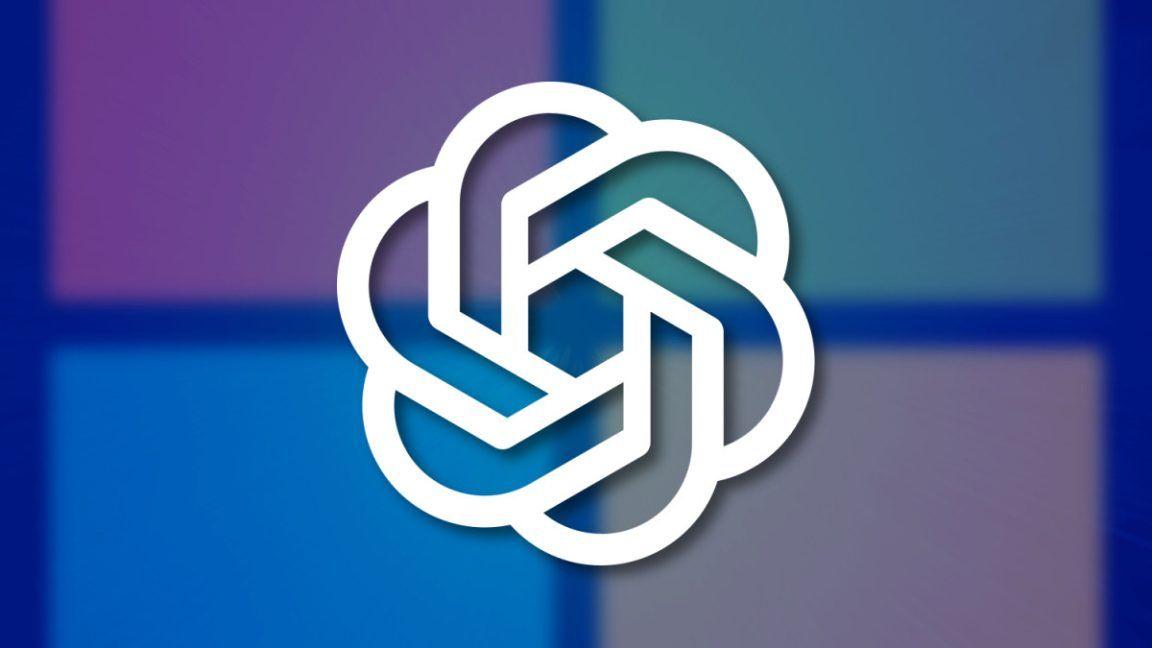
Source: Ars Technica
The partnership, which began in 2019 with Microsoft's initial $1 billion investment, has evolved as OpenAI transformed from a research lab into a company valued at $500 billion
1
. Under the original agreement, Microsoft held rights to OpenAI's technology only until AGI was achieved, creating obvious incentives for OpenAI to declare AGI as soon as possible while Microsoft had reasons to add friction to that process2
.Expert Panel Verification System
The most consequential change involves the introduction of an independent expert panel that must verify OpenAI's AGI claims before they become official. Previously, the "AGI clause" was a vague trigger that OpenAI could pull unilaterally, potentially locking Microsoft out of future models or intellectual property rights
3
. The new system requires that "once AGI is declared by OpenAI, that declaration will now be verified by an independent expert panel"1
.However, critical details about the panel remain undisclosed. The companies have not revealed who will serve on the expert panel, how panel members will be selected, or what specific criteria the experts will use to verify AGI achievement
1
. Previously, the companies had agreed on a somewhat arbitrary economic threshold requiring AI systems to generate $100 billion in profits.Intellectual Property and Revenue Implications
The revised agreement significantly alters intellectual property arrangements between the companies. Microsoft's IP rights for both models and products now extend through 2032 and include post-AGI models, with appropriate safety guardrails
2
. Microsoft holds rights to OpenAI's model weights, architecture, inference code, and fine-tuning code until the expert panel confirms AGI or through 2030, whichever comes first1
.When the panel confirms AGI achievement, Microsoft's intellectual property rights to OpenAI's research methods will expire, and the revenue-sharing arrangement will end, though payments will continue over a longer period
1
. The agreement explicitly excludes Microsoft from having rights to OpenAI's consumer hardware products, allowing OpenAI to pursue its AI device development with former Apple designer Jony Ive2
.Related Stories
Independent AGI Development Rights
One of the most significant changes allows both companies to pursue AGI development independently. Microsoft can now "independently pursue AGI alone or in partnership with third parties," marking a new phase in the AGI arms race
2
. Microsoft has full IP rights to OpenAI's research through 2030 or when AGI is verified, including access to models intended for OpenAI's internal use and confidential development methods.Microsoft has already begun diversifying its AI partnerships, recently purchasing AI services from OpenAI's rival Anthropic
2
. The deal also gives OpenAI more flexibility to partner with other technology companies, allowing non-API products to operate on any cloud provider while API products must run exclusively on Azure1
.Industry Impact and Future Implications
The restructuring comes amid growing pressure and timeline predictions for AGI achievement. OpenAI CEO Sam Altman has suggested AGI could arrive in 2025, writing that the company is "now confident we know how to build AGI as we have traditionally understood it"
2
. Anthropic CEO Dario Amodei has predicted "powerful AI" could emerge as early as 2026.The expert panel system represents a step toward external oversight in AI development, providing some checks on capabilities claims even without full regulatory oversight
3
. This change transforms AGI from a vague buzzword into a formal, technical milestone that must be independently verified, potentially bringing more transparency and accountability to the AI development process.References
Summarized by
Navi
Related Stories
Microsoft and OpenAI Clash Over AGI Clause in Partnership Agreement
26 Jun 2025•Technology
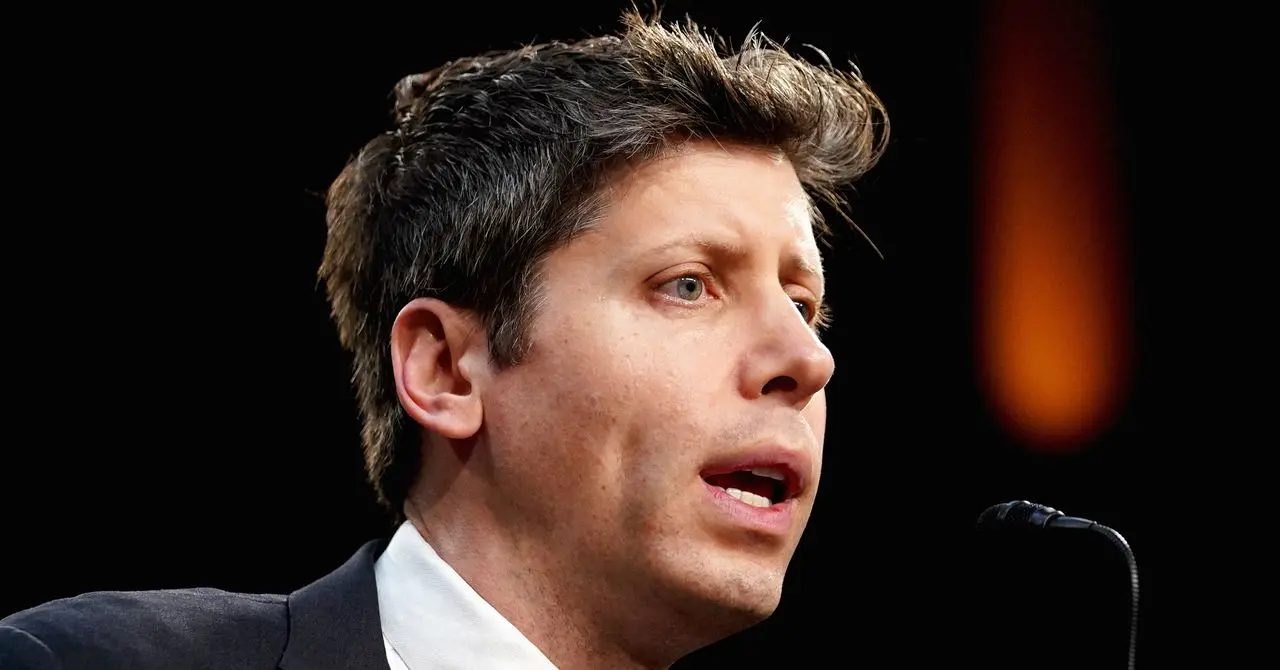
OpenAI and Microsoft Redefine AGI: A $100 Billion Profit Benchmark
27 Dec 2024•Business and Economy

OpenAI Considers Removing AGI Clause from Microsoft Agreement to Boost Investment
06 Dec 2024•Business and Economy

Recent Highlights
1
French Police Raid X Office as Grok Investigation Expands to Include Holocaust Denial Claims
Policy and Regulation

2
OpenAI launches Codex MacOS app with GPT-5.3 model to challenge Claude Code dominance
Technology

3
Anthropic releases Claude Opus 4.6 as AI model advances rattle software stocks and cybersecurity
Technology

